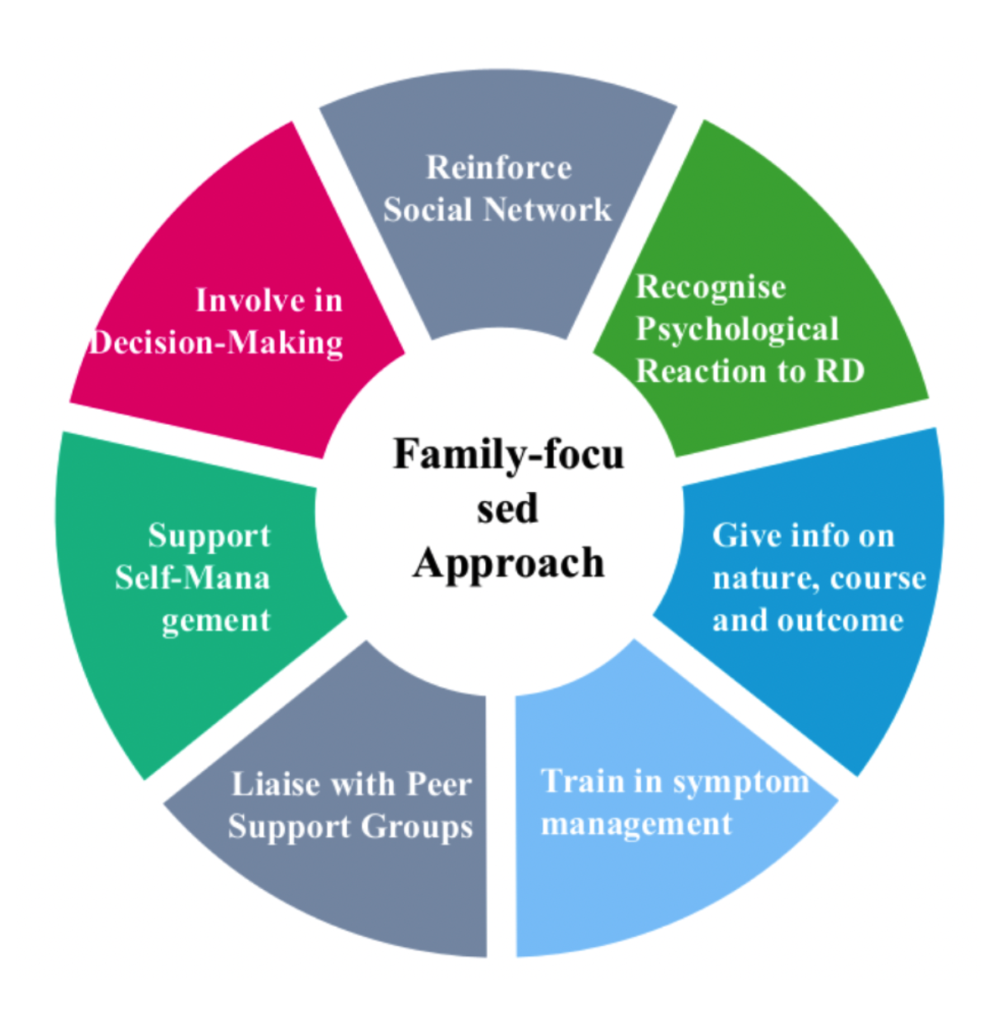- News
FraXI at the 8th RE(ACT) Congress and 6th International Rare Diseases Research Consortium (IRDiRC)
Published: 1 Apr 2025
The 8th Re(ACT) Congress and 6th International Rare Diseases Research Consortium (IRDiRC) were held jointly from the 5th to 7th of March 2025 in Brussels. The event is one of the most important and diverse colloquiums for leading experts, advocates and emerging talents in the field of rare conditions research to discuss and share knowledge on breaking stereotypes, combating stigma through policy change and driving collaborative research to shape the lives of those living with a rare condition.
A little bit about the Congress
The Blackswan Foundation has been organising the Re(ACT) Congress since 2012. It is now a joint venture along with IRDiRC which was established in 2011 by the European Commission and US National Institutes of Health. Observing a multinational framework, the event has provided an inclusive platform for stakeholders in all arenas of research into rare conditions for over a decade. The organisers have now partnered with the European Rare Diseases Research Alliance (ERDERA) and The European Alliance of Patient Organizations (Eurordis).
FraXI’s contribution
Fragile X International was represented by President and Chair Kirsten Johnson during the session on “impacts of rare diseases on patients, families, and society”. Kirsten highlighted the research which has shown that people living with a rare condition and their families are more affected than the general population. She drew attention to issues such as elevated levels of stress, anxiety and depression in people living with rare conditions, social isolation, problems with access to care and financial independence.

She also talked about the Blueprint for Psychosocial care that was published by EURORDIS in 2024, available here. On EURORDIS’ website, there are resources available on mental health and wellbeing, including factsheets, podcasts, webinars and personal testimonies.
Kirsten presented early results from a systematic review on psychosocial care and rare conditions, which will be published later in 2025. Initial findings highlight the importance of the family in supporting the person living with a rare condition, and that family relationships are a strong indicator of quality of life.


